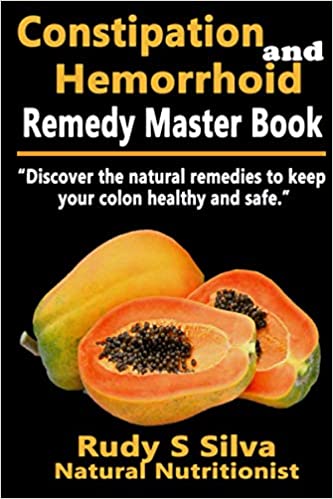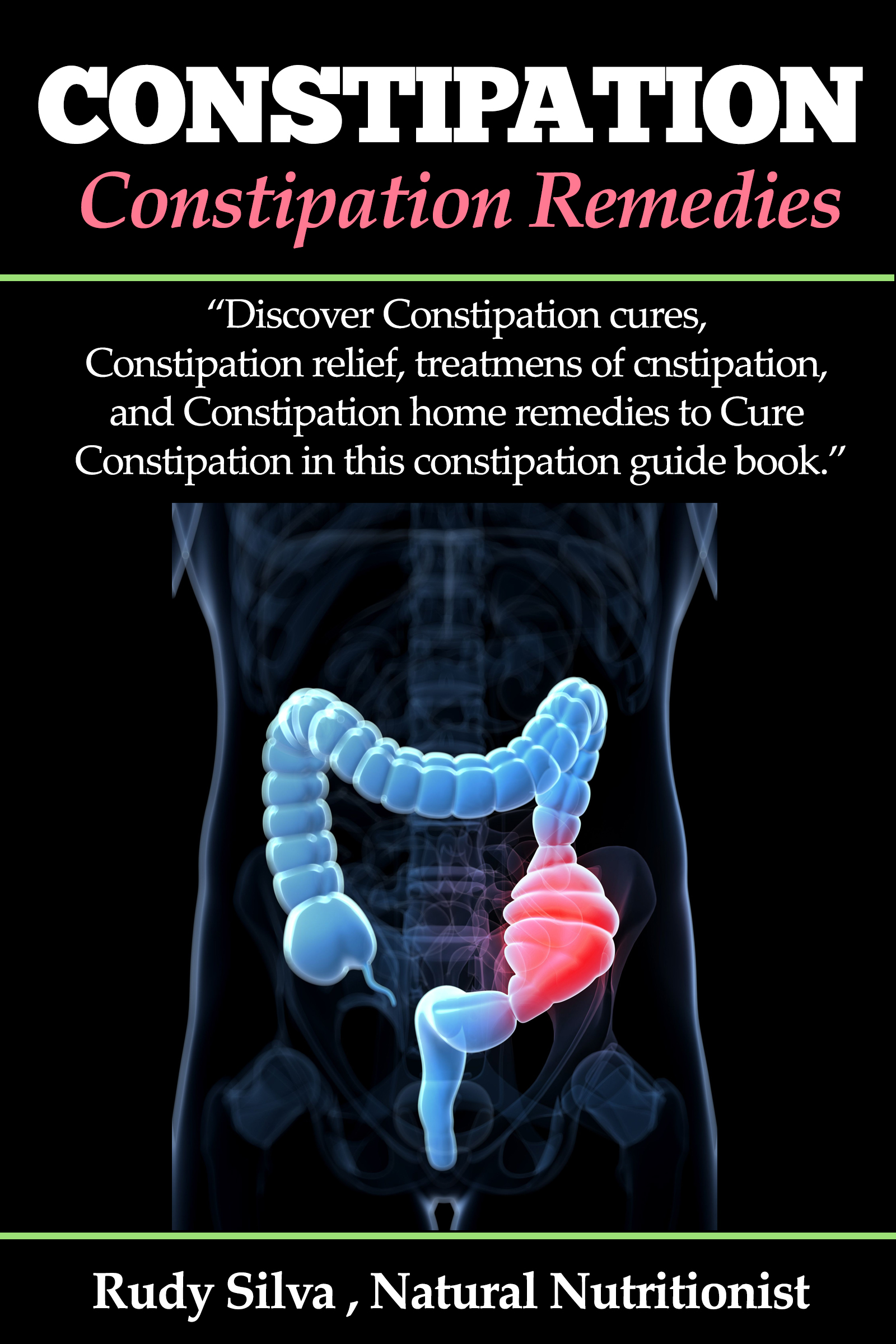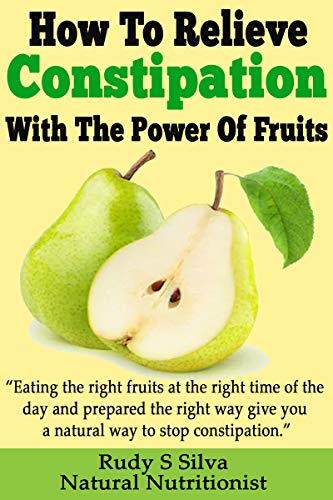Vitamin and Mineral Constipation Remedies Unknown to most Doctors – 2
Magnesium is considered safe for pregnant women
Foods High in Magnesium

Chlorophyll is high in magnesium and chlorophyll comes in capsules. These are some of the foods that are high in magnesium.
- greens
- berries
- wheat germ
- grains
- nuts
- cornmeal
- apples
- apricots
- oats
- pears
- pecans
- spinach
- tofu
- lentils
- honey
- fish
- cabbage
- avocados
- cashews
- peas
- prunes
- soy milk
- chard
Method 50: Mineral – Iron
Excessive use of iron supplements can cause constipation. To avoid constipation, you should use between 18 – 30 mg of iron.
Food that contains iron are:
- dulse
- rice bran
- agar
- almonds
- black cherries
- greens
- lentils
- dried fruits
- pinto beans
- raisins
- rye
- sesame seeds
- spinach
- wheat bran
- liquid chlorophyll
Kelp
Kelp should be taken daily. This provides you with a wide variety of minerals so necessary to rebuild your colon but also to regain good colon function.
Manganese
Manganese works with the B vitamins to strengthen the nerves. It is the nerves in your colon walls that help to activate peristaltic action.
Foods high in manganese are: Black walnuts, celery, greens, mint, oats, parsley, pineapple, watercress, apples, almonds, beans, blueberries
Health Tip: Pregnant women should not take more than 5mg of manganese each day. Health Drug Alert: Absorption of manganese is decreased when using antacids or anti-ulcer drugs.
Recommend manganese dose is 5 – 15 mg daily taken with meals.
Method 51: Potassium and Prunes

Potassium is needed in your colon walls to ensure that peristaltic action occurs. Without potassium, colon walls are weak and unable to respond and contract properly when fecal matter needs to be move.
Potassium in your colon wall tissues brings in more oxygen, which is required for good cell function. In addition, potassium creates an alkaline environment inside and outside the cell, which helps protect cell walls from germs.
Potassium is a powerful source when it comes to cleaning, feeding and building your colon walls. Removing the thin layer of buildup – harden mucus, dried fecal matter, waste derby, heavy metals – against your colon wall can be accomplished by eating those foods that are high in potassium.
Excess buildup on your colon walls of fecal matter and toxins is a cause of continual constipation. This build up prevents your colon walls from functioning properly.
Potassium is necessary for reducing anxiety and depression. These conditions can affect peristaltic movements of your colon. Lack of it causes muscles and organs to sag and lack tone.
Potassium, also, draws water out of the body. So when potassium is in your colon it attracts water and pulls it into the fecal matter.
To add more potassium to your diet make a drink by,
Pouring hot water over dried prunes and waiting 10 minutes. Then eat the prunes and drink the juice. Or, make a prune smoothie as shown in the Smoothie chapter. Do this on an empty stomach in the morning.
The high concentration of potassium and vitamin A, in prunes, stimulates enzymatic processes. These processes meltdown fecal wall wastes and dissolve blockages. They activate peristaltic action to move this waste out your rectum.
The foods that are high in potassium are:
- avocados
- apricots
- Kale
- cabbage
- yellow tomatoes
- spinach
- carrots
- broccoli
- cucumbers
- cauliflower
- alfalfa sprouts
- goat milk
- sesame seeds
- wheat germ
- brewers yeast
- flax seed
- grapes
- green peppers
- pineapple
- beets
- potatoes with skin
- cantaloupes
- raisins
- broccoli
- pinto beans
- bananas
- sweet potatoes
- Blackstrap molasses
Health Alert: If you have any kidney disease, do not take potassium supplements unless directed by your doctor. If you are pregnant, take potassium only under a doctor’s direction.
Health Drug Alert: If you are on any type of drugs, do not take potassium unless directed by your doctor.
Potassium recommended dose is 1000 – 3000 mg each day taken with meals.
Silicon
Silicon is necessary to firm up and strengthen all the wall structures – blood vessels, colon walls, organ walls, and lymph walls – in the body. It is necessary for nerve impulses to move smoothly from the brain to the vital organs and body.
When you have lost tone in your colon by using laxatives or continual constipation, add silicon to your diet.
One of the highest foods in silicon is rice bran syrup or rice polishing. Other food to consider is:
- Oats
- barley
- kelp
- cabbage
- apricots
- asparagus
- beans
- nectarines
- plums
- onions
- tomatoes
- seeds
- nuts
- wheat germ
- wheat bran
- raisins
- pumpkin
- apples
- beets
- brown rice
- whole wheat
- turnips
- raisins
- green
- beans
Recommend dose is 5 – 20 mg each day with meals.
Sodium

Organic sodium, not table salt, is necessary for a number of body functions including your colon. Organic sodium is obtained by eating fruits, vegetables, seeds, nuts, grains, and legumes. Sodium is also found in dairy foods, meat, and fish.
Sodium keeps the liver and gallbladder working right so the liver does not become enlarged and so the gallbladder does not produce gallstone. In your colon, sodium helps to reduce mucus formation and helps to preserve the proper pH for the good bacteria to flourish. In your joints, sodium keeps them flexible.
In the blood and lymph liquid, sodium keeps calcium in solution. Without sufficient sodium, calcium deposits out of the liquid and forms bone spurs. It causes calcium to deposit in joints causing arthritic pain.
Without sodium, your body would become acidic and attract all kinds of pathogens, which create deadly diseases. Sodium helps to control and neutralize body acids and can keep your body alkaline.
An alkaline body is what you need to work towards because disease does not like an alkaline environment. Most people have an acid body because they lack organic sodium and other alkalizing minerals.
You can get organic sodium from,
- Cow or goat whey
- black figs
- kale
- lentils
- okra
- black olives
- Barley
- cabbage
- carrots
- celery
- parsley
- prunes
- sesame seeds
- chickpeas
- cheeses
- asparagus
- beets
- coconut
- dates
- dulse
One of the best supplements for organic sodium and other electrolyte minerals is a product called, Whex or Capra Mineral Whey.
Method 52: Blackstrap Molasses
Blackstrap molasses is a strong laxative. It is the residue that occurs after sugar cane is processed. Because sugar cane roots go deep into the ground, it contains high levels of minerals. These minerals remain in blackstrap molasses and the sugar is left with practically none.
Blackstrap is high in potassium, calcium, and phosphorous minerals. It also contains some iron, copper, magnesium, and B- vitamins.
You can add a teaspoon or tablespoon to your juices. I like adding it to my smoothies on occasion.
Add 1 to 2 tablespoons of molasses a day to hot cereal or mix with warm water and drink it.
Honey
Honey has a large quantity of phenolics, which have antioxidant properties. These phenolics tie up free radicals and prevent damage they can cause in arteries and throughout the body.
Honey has mild laxative properties. Start by taking a tablespoon three times a day. Add honey to your food, water, drinks or smoothies. Use it the way you like to eat it but use only for a limited time since it is like sugar.



